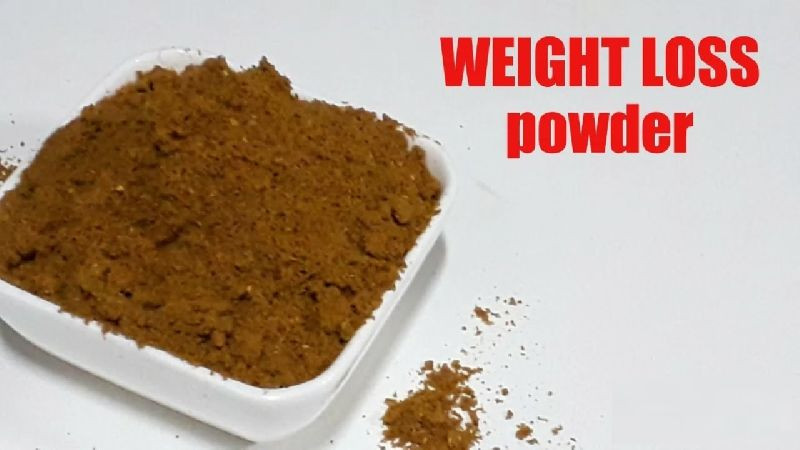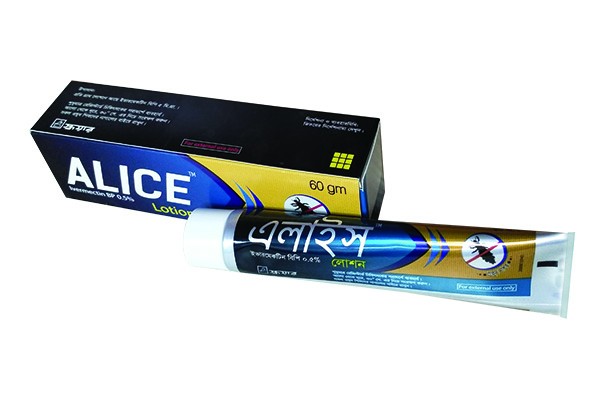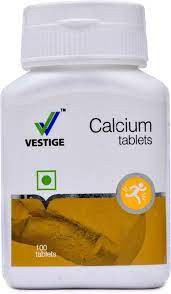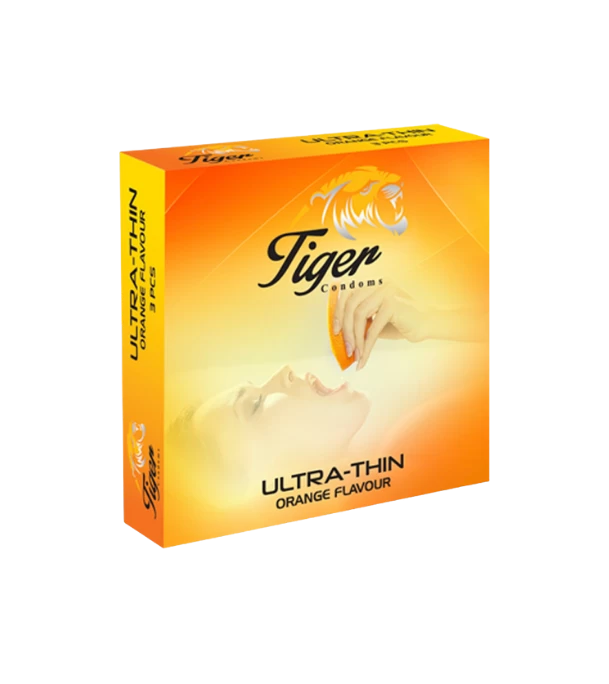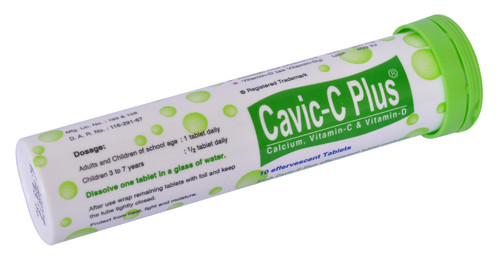

Cavic-C Plus Tablet (10Pcs)
Inhouse product
-
৳1,030.00
৳1,550.00 -
৳10.00
৳12.00 -
৳280.00
৳500.00 -
৳127.00
৳132.00 -
৳884.00
৳1,105.00 -
৳30.00
৳60.00
Reviews & Ratings
Indications
- As an adjunct to specific therapy for osteoporosis
- Increased demand for Calcium, Vitamin-C, and Vitamin-D such as pregnancy, lactation, period of rapid growing (in childhood, adolescence), and in old age
- In osteomalacia
- The prevention and treatment of Calcium deficiency/Vitamin-D deficiency especially in the housebound and hospitalized elderly subjects
- As an adjuvant in cold and influenza
- Postmenopausal syndromes
- Premenstrual symptoms
- In high body temperatures
- As an alkalizing agent in conditions with systemic acidosis.
Pharmacology
Calcium Gluconate is the calcium gluconate salt. Calcium as the gluconate salt, an element or mineral required for proper neuron, muscular, and heart function, helps to maintain calcium balance and prevent bone loss when taken orally. This drug may also be useful in the prevention of colon and other cancers.
Calcium carbonate is an inorganic basic salt that works by neutralizing hydrochloric acid in stomach secretions. It also inhibits pepsin activity by raising pH and adsorption. Increases in bicarbonate ion (HCO3-) and prostaglandins may have cytoprotective effects. The neutralization of hydrochloric acid produces calcium chloride, carbon dioxide, and water. Around 90% of calcium chloride is transformed into insoluble calcium salts (e.g. calcium carbonate and calcium phosphate).
In humans, calcium is almost completely utilized as a pharmaceutical treatment to treat deficiency. Adequate calcium levels in the blood are so important to a wide range of biological processes that our internal biochemistry will not tolerate even a temporary shortage.
Because humans cannot manufacture vitamin C, it is an important component of the diet. It is a highly strong lowering agent that plays a key role in the body's reaction to stress. It is essential in the fight against infections.
Vitamin D is particularly important for bone health since it promotes calcium absorption from the GI tract. Furthermore, it promotes bone growth. Clinical studies suggest that calcium and vitamin D have a synergistic effect on bone development, osteoporosis, and fracture prevention.
Dosage & Administration
Dosage of Cavic-C Plus should be individualized based on the demands
in age, sex, and various physiological (pregnancy & lactation) &
disease conditions. In general, the dosage is-
Adults and children above 7 years: 1 Cavic-C Plus effervescent tablet daily
Children 3-7 years: Half Cavic-C Plus effervescent tablet daily
Interaction
Patients receiving thiazide diuretics should be aware of the potential of hypercalcemia since these medications can decrease urine calcium excretion. Hypercalcemia must be avoided in patients who have been digitalized. Certain foods (for example, those containing oxalic acid, phosphate, or phytanic acid) may decrease calcium absorption. Because of metabolic activation, concomitant treatment with phenytoin or barbiturates can reduce the impact of vitamin D. The impact of digitalis and other cardiac glycosides may be enhanced by taking calcium with vitamin D orally. Calcium salts may inhibit thyroxine, bisphosphonates, sodium fluoride, quinolone or tetracycline antibiotics, or iron absorption. It is recommended that you wait at least 4 hours before taking the calcium.
Contraindications
Hypercalcemia caused by myeloma, bone metastases or another malignant bone disease, sarcoidosis, primary hyperparathyroidism, and Vitamin-D overdosage is absolute contraindications. It is also not recommended if you have severe renal failure or if you are allergic to any of the tablet components.
Side Effects
The use of Calcium supplements has rarely given rise to mild gastrointestinal disturbances, such as constipation, flatulence, nausea, gastric pain, and diarrhea. Following administration of Vitamin-D supplements, occasional skin rash has been reported. Hypercalciuria, and in rare cases hypercalcemia have been seen in long-term treatment with Vitamin-D at high doses.
Pregnancy & Lactation
During pregnancy and lactation treatment with Cavic-C Plus should always be under the direction of a physician. During pregnancy and lactation, requirements for Calcium and Vitamin-D are increased but in deciding on the required supplementation allowances should be made for availability of these agents from other sources. Overdoses of Vitamin-D have shown teratogenic effects in pregnant animals. Vitamin D and its metabolites pass into breast milk.
Precautions & Warnings
Patients with mild to moderate renal failure or mild hypercalciuria should be supervised carefully. Periodic checks of plasma Calcium levels and urinary calcium excretion should be made in patients with mild to moderate renal failure or mild hypercalciuria. In patients with a history of renal stones, urinary Calcium excretion should be measured to exclude hypercalciuria. With long-term treatment, it is advisable to monitor serum and urinary calcium levels and kidney function and reduce or stop treatment temporarily if urinary Calcium exceeds 7.5 mmol/24 hours. Allowances should be made for Calcium and Vitamin-D supplements from other sources.
Therapeutic Class
Preparations with certain mineral and vitamin combinations
Storage Conditions
Keep in a cool, dry place. Keep out of direct sunlight and dampness. Keep out of children's reach. Maintain a tight seal on the container.
Pharmaceutical Name
Generic
Calcium Lactate Gluconate + Calcium Carbonate + Vitamin C + Vitamin D3
Alternative brand for
Cavic-C Plus
Frequently Bought Products
-
৳1,030.00
৳1,550.00 -
৳10.00
৳12.00 -
৳280.00
৳500.00 -
৳127.00
৳132.00 -
৳884.00
৳1,105.00 -
৳30.00
৳60.00
Online Shopping Bangladesh : MShopBD-Majumder Shop
MShopBD-Majumder Shop Online Shopping in Bangladesh is the Best Shopping store within 10000+ products cash on delivery in dhaka, Khulna, ctg & all over Bangladesh with COD-cash on delivery (Only Shipping Cost Advance ) under by www.esdp.gov.bd (bangladesh.gov.bd ) Home Delivery all Over Bangladesh different location and shop as like as Multivendor Online Sites in BD.
Thank you for choosing MShopBD - Majumder Shop!
